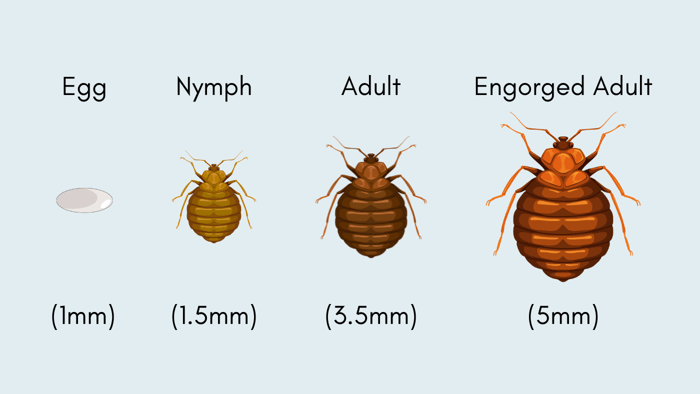The holiday season is supposed to be a time of joy, togetherness, and celebration. Yet, for many people, it comes with a hefty dose of holiday stress. The pressure to create perfect experiences, buy the best gifts, and meet everyone’s expectations can turn the festive season into a marathon of anxiety.
So, why do holidays become so stressful, and how can you manage this stress effectively? Let’s explore the causes, impacts, and practical solutions to help you enjoy a calmer, happier holiday season.
Common Causes of Holiday Stress
Financial Strain
The pressure to buy gifts, decorate homes, and attend events can quickly strain your finances. Overspending during the holidays often leads to a financial hangover in January. It’s easy to get caught up in consumer culture, but financial stress is a major culprit behind holiday anxiety.
Time Pressure and Overcommitment
Between holiday parties, family obligations, and shopping, your calendar can fill up fast. Trying to fit everything in can leave you feeling overwhelmed and exhausted. Sometimes, it feels like there are simply not enough hours in the day.
Family Dynamics and Conflicts
Holidays often bring families together, but not all family gatherings are harmonious. Old conflicts, unresolved tensions, and differing opinions can lead to stressful interactions. The expectation to enjoy “quality time” can make these moments even more difficult.
Travel and Holiday Preparations
Booking flights, packing bags, and navigating crowded airports or highways can test anyone’s patience. Holiday travel can feel like a logistical nightmare, especially when unexpected delays occur.
High Expectations and Perfectionism
The desire to create the "perfect" holiday experience can be self-sabotaging. When reality doesn’t match your vision, disappointment and frustration can take over.

The Impact of Holiday Stress on Mental Health
Anxiety and Depression During Holidays
Many people experience heightened anxiety or depression during the holidays. Whether it's due to financial worries, loneliness, or family issues, these feelings can overshadow festive cheer.
Physical Effects of Stress
Stress doesn’t just affect your mind; it can take a toll on your body, too. Headaches, muscle tension, and digestive issues are common physical symptoms of holiday stress.
Sleep Disruptions
Late-night parties, travel, and anxiety can disrupt your sleep patterns. Poor sleep only exacerbates stress, creating a vicious cycle.
Strategies to Manage Holiday Stress
Planning and Organization
Creating a Realistic Schedule
Prioritize your events and commitments. It’s okay to skip activities that feel more like obligations than joy.
Budgeting for Gifts and Festivities
Set a clear budget for gifts and stick to it. Remember, thoughtful gifts matter more than expensive ones.
Setting Boundaries
Saying No to Overcommitment
You can’t be everywhere at once. Learn to say no to events or obligations that drain your energy.
Managing Family Expectations
Communicate your boundaries with family members. Be honest about what you can and can’t do.
Self-Care Techniques
Meditation and Mindfulness
Taking 10 minutes a day to breathe and clear your mind can do wonders.
Regular Exercise
Physical activity helps manage stress by releasing endorphins.

Conclusion
Holiday stress is real, but it doesn’t have to ruin your festive season. By planning ahead, setting boundaries, and taking care of yourself, you can reduce stress and actually enjoy the holidays. Remember, the holidays are about joy, not perfection.
FAQs
How do I avoid holiday burnout?
Prioritize self-care, set realistic expectations, and don’t overcommit.
What if I can’t afford expensive gifts?
Focus on meaningful, budget-friendly gifts or handmade presents.
How do I manage stress when hosting family?
Delegate tasks, set boundaries, and plan simple, enjoyable meals.
What are simple ways to practice self-care during the holidays?
Take short breaks, practice mindfulness, and stay active.
How can I cope with loneliness during the festive season?
Reach out to friends, join community events, or volunteer.




